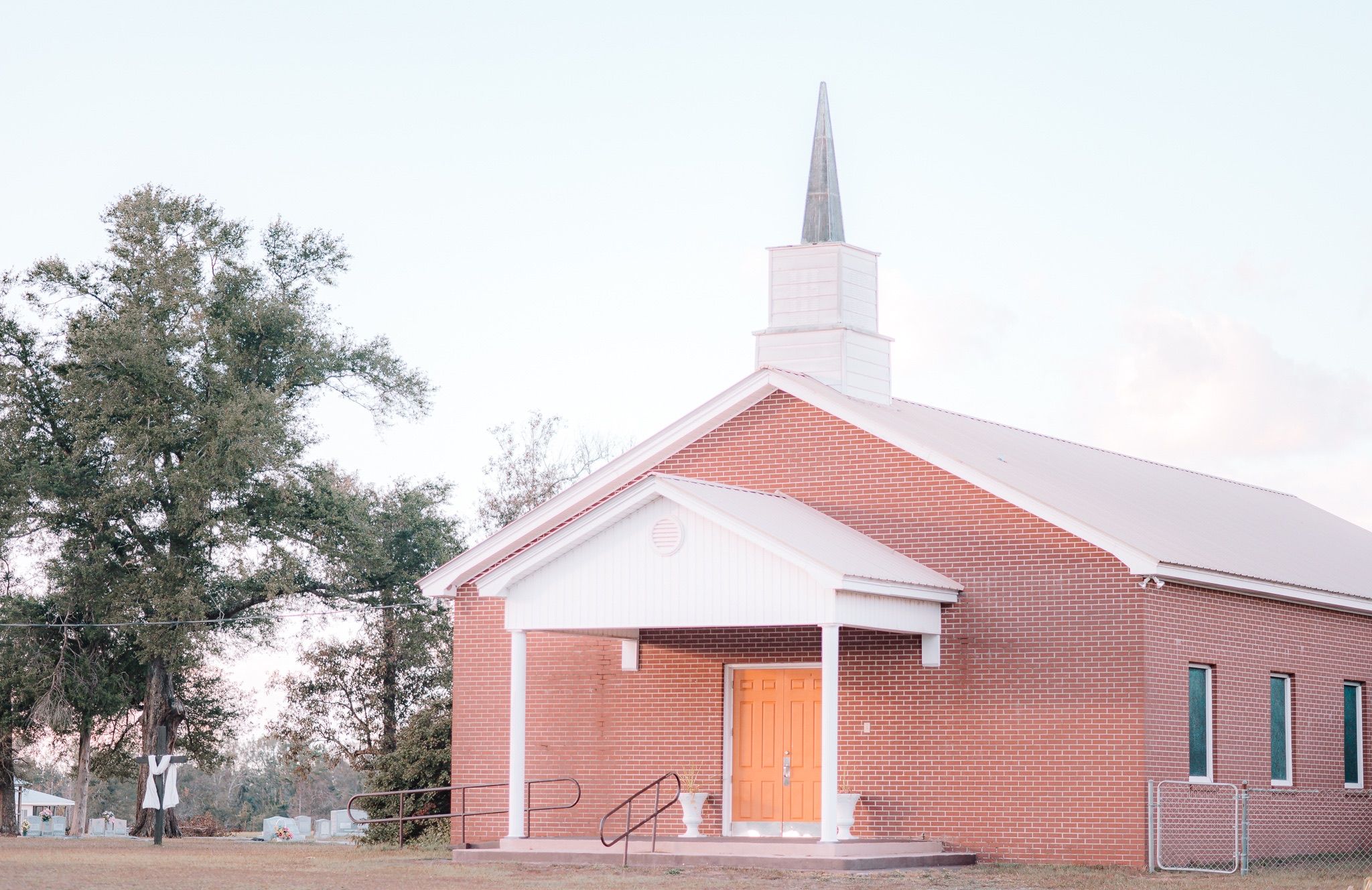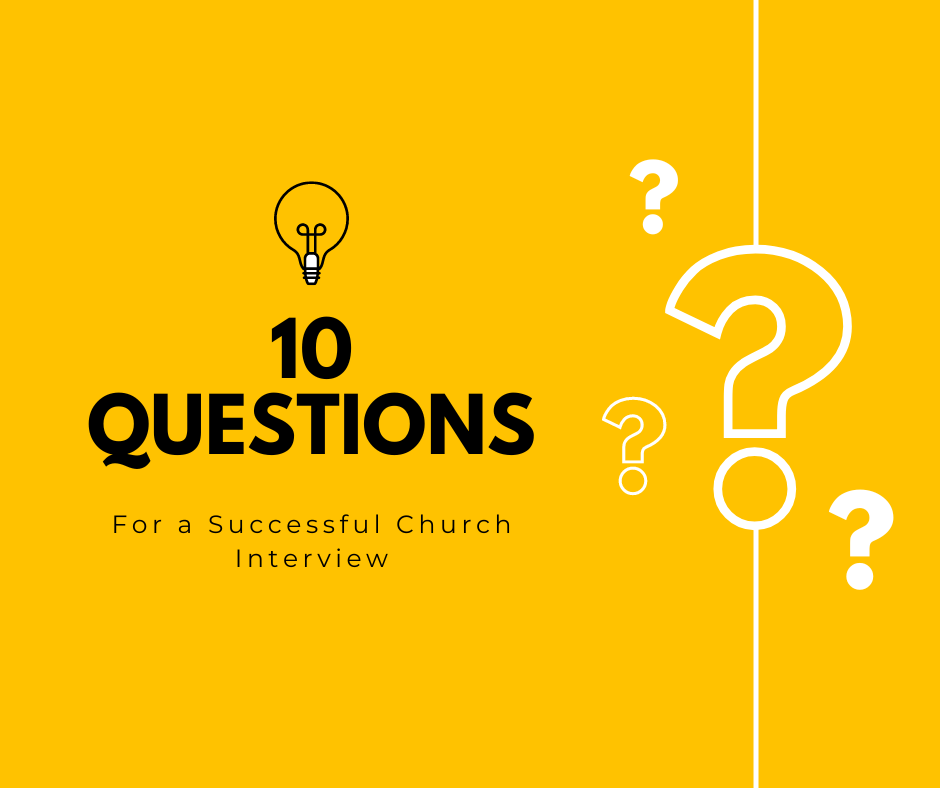Defining Who You Are By What You Do– And Why it Matters
Defining Who You Are By What You Do– And Why it Matters
Three dangers to avoid when defining ourselves
One of my least favorite questions is, “What do you do?” I never know how to answer it– because what I do is so very little of who I am. Defining myself by my profession as a veterinary technician feels so inadequate. I am also a wife, mom, daughter, sister, friend, worship leader, and writer. For my husband, a pastor, the question of “What do you do?” can be even more complicated.
While on vacation a few years ago, we shared a dinner table with a great couple from Colorado. Our conversation ranged from our favorite places to vacation (cruising) to recent world events (unsettling as much then as now) to the joys and challenges of raising children (theirs were small, ours were grown). We were having a wonderful time and were really enjoying the company. Then at one point, the husband said, “Man, it’s so nice to be seated with some ‘normal’ people– the last time we sat with someone who was a pastor and they were so weird! So what do you guys do?” (Talk about awkward– my husband said, “Um, I’m a revitalization specialist.” A fancy way of saying Replant Pastor, I suppose– though there is a difference. We eventually told them he was a pastor once they realized we were super weird regardless of his profession.)
As leaders in our churches, we are highly aware of what we “do.” Ministry is our job– even as some of us hold down other jobs as bi-vocational leaders. So often, we are tasked with thinking of our profession as separate from who we are. But there is a danger in separating who we are from what we do– just as there is a danger in overlapping the two. While they are related, they are not interchangeable.
In chapter 10 of his book, Wisdom in Leadership- the How and Why of Leading the People you Serve, author Craig Hamilton gives us three main dangers of seeing what we do as who we are, or dismissing the two as completely and totally different. “At either extreme,” he writes, “we risk damaging both our ministries and our hearts.”
- Danger #1: Trying to separate the two can lead to thinking that who God wants you to be has no impact on what God wants you to do.
This danger typically shows up when we think of our ministry as “just a job.” When you forget that you are called to shepherd your people and to serve them and instead view them as employees, or worse, obstacles to “getting the job done,” you’ve begun to think of pastoring as what you do. You preach, minister, counsel, and organize, but the heart is missing from it. Sometimes this happens because you’ve been hurt in your ministry. There is a temptation to protect your heart by cutting it off and doing ministry in a vacuum.
But there is a problem with that approach– without your heart attached to your ministry, you are at risk of moral failure. Your heart becomes numb to the potential pitfalls around you, and “you begin to think that moral failings and secret sins don’t matter and won’t affect what God wants you to do in ministry.” A long term separation of your calling and your heart will result in your ministry being taken away because of your own moral failure or because your ministry is simply ineffective. A practical step to ensure you don’t fall into this danger is to have an accountability partner. We are all fallible and we live in a fallen world. When our heart is at risk, we need to have someone who can speak a Word to us and protect us from falling. This isn’t just a friend– this is someone who you can be your authentic self around AND who can give you Godly, spirit-filled advice that you accept and receive.
- Danger #2: Trying to separate the two can also lead to thinking that what God wants you to do is more important than who God wants you to be.
Just as thinking of ministry as “business” is dangerous, so too, is treating ministry as “busy-ness.” Often pastors are so busy trying to do it all, they begin to struggle to pastor themselves. Hamilton writes, “when what God wants you to do becomes more important than who God wants you to be, one of the first things to drop off the radar is your relationship with God.” It is so easy for a pastor to have his bible open every day planning sermons, bible studies, small group materials, and counseling others, only to realize that he hasn’t opened it for his own nourishment in weeks. This results in an atrophied heart with a weariness that leads to burnout. “I’ve got to get this job done,” becomes the mantra. People feel like burdens, not disciples. Ministry feels like duty, not joy. Long term, this separation will result in you walking away from God’s calling, overworked and overburdened. Preventing this danger requires time and care be taken for your own spiritual health. Sometimes that means a sabbatical, perhaps getting away from it all for a season so that you can come back refreshed and re-energized for the work ahead. The Shepherd’s House may be available to you for this time, or you may be able to find time at a local retreat. If you can’t afford a sabbatical, perhaps making sure you have a day of rest built into your schedule will give you the rest you need. Spend time with God outside of your normal schedule and your normal study.
- Danger #3: When you see who you are and what you do as completely overlapping, you can begin to think that what God has called you to do is who God has called you to be.
This danger appears when we begin to see our value and worth tied up in what we do. The success, or failure, of our ministry overlaps into how we see ourselves. If our ministry is thriving, we feel Successful, which often leads to pride and arrogance. On the flip side, if our ministry is struggling, we feel like we have failed, often leading to despair. Instead of defining ourselves in terms of what God has done, we define our worth in terms of our own abilities.
Long term, this danger results in manic swings of highs and lows based on the measurable results of our work. But so much of what we do is immeasurable. Can we count the number of lives touched by our ministries the way we can count people in pews? Certainly not. We never know where we are in someone’s spiritual journey (1 Cor 3:6-8). We also never know how God will use our church to reach our community in the future. Basing our success (or our failure) on the number of people in the sanctuary or the number of views our livestream has will always make us more dependent on our own power than on God working through us.
We are easily susceptible to this danger when we do not have reminders of our worth in Jesus Christ. When we see ourselves as the world sees us, we are missing a key component of our relationship with God. He isn’t defining our ministry by our metrics. He is defining us as loved, adopted sons and daughters and heirs not only to His kingdom, but also to His suffering. As chosen disciples who are filled with his Spirit and are able to do more than we can possibly imagine through Him. Take time to read these and other specific scriptures that define your value according to God. Write them out and memorize them. When you feel the burden of failure or the joy of success, remember to draw back to God’s definition of who you are in Him.
When we confuse what we do with who we are, we run into dangerous territory and our ministry suffers. Jesus reminds us in Luke 10:19-20 that we should not rejoice in what we can do, but instead what He can do through us. What we do flows out of who we are– God has already redeemed us. We are beloved children of God, heirs to His kingdom. He doesn’t need us, but He chooses to use us to fulfill His purpose, that all should know Him. When we feel like our ministry is “just a job,” or we get so busy doing ministry that we forget to check in with God, or when we define ourselves by the success or failure of our ministry, we fail to remember that God is doing something around us. In your ministry right now, are you dealing with a situation where you aren’t sure what God is doing through you? Remember, as Bob said in the podcast, that first God does something around us, then He works on us through the situation, so that He can work in us before He ever works through us.
This is what He does, because of who He is.
Which of these dangers do you fall into most? What are some steps you can practically implement to make sure you don’t allow these short-term dangers to become long-term failings? Email us at replantbootcamp@gmail.com or contact us through social media to let us know!















